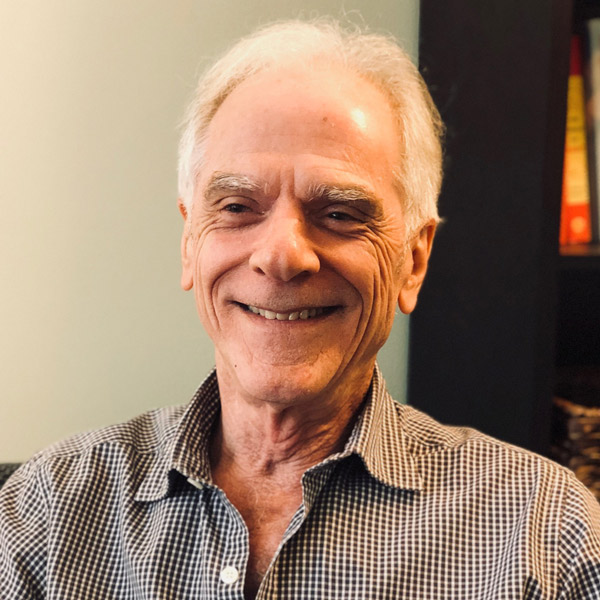Neurodiversity and STEM Education
STEM (science, technology, engineering and math) has been in the forefront of educators’ minds for some time now, and rightly so. There is a severe shortage of skilled STEM workers in science and industry and the fear is that the country as a whole will fall far behind its international competitors. Fewer and fewer students are declaring an interest in STEM both at the school level and in college and so, given the national need, there is great interest in finding talented youth for these pursuits in previously unexplored places. Neurodivergent students is one potential pocket of strength for STEM that has traditionally been overlooked and underexplored
But, what is Neurodiversity? It is the idea that the human brain has evolved with contributions from a variety of different kinds of minds, including autistic minds, hyperactive minds, compulsive minds, and so on. Neurodiversity takes a positive view of this human variety and sees all these different kinds of minds as having individual value. This positive view of autism, of hyperactivity, of compulsiveness and a host of other conditions which society overlooks, undervalues, or derides, stands in sharp contrast to the biomedical approach to disability which regards them as disorders, as deviations from some biomedical norm. The biomedical approach, instantiated by DSM-5 (the Diagnostic and Statistical Manual of Mental Disorders), regards each of these disabilities in terms of their social limitations, in terms of what the individual cannot do, in terms of their lacks, and their deficits,.
It has also been noticed by many that neurodivergent individuals have many strengths—in fact, there are areas where their ability strongly exceeds that of a neurotypical person. How can we ignore these strengths, especially when the strength is not only something that the individual does better than most, but also where it is something they might be passionate about? A great example of this is Greta Thunberg. A self-declared autistic, she drew public attention by protesting outside the Swedish Parliament at age 15 to advocate for increased action on the part of her government and world leaders to stop the acceleration of climate change. Her forceful clear language, her passion, and her commitment made her the youngest Time Person of the Year, and she received three consecutive nominations for the Nobel Peace Prize.
Other autistic strengths include a clear sense of logic, superior pattern recognition, enhanced visual discrimination and a heightened ability to write and debug code. Some hyperactive individuals have also been noted for being especially creative. These strengths are all invaluable in STEM (science, technology, engineering, and mathematics). They are invaluable in doing mathematics, in developing algorithms and following them, and in detecting fine detail. Autistics’ ability to engage in prolonged repetitive activities often without loss of accuracy or interest are ideal for large scale trials, for experiments, and even for more mundane activities which require intense focus.
The goal of any education is to prepare the student for college and career, and more importantly for living a life filled with meaning and purpose. Here then is a way to develop autistic strengths and empower neurodivergent students by supporting their strengths, passions, and interests, and by supporting them in transforming those interests into excellences. This does wonders for their feelings of self-worth and supports them in finding a meaningful place in the world. In the process, we can also contribute to our burgeoning national need for talented and interested STEM workers.
Ellis Crasnow, PhD, is a Los Angeles-based educator, innovator and entrepreneur engaged in transforming lifelong opportunities for special needs students. A pioneer in developing new teaching models for empowering students across the autism spectrum, Dr. Crasnow is a specialist on issues surrounding STEM, technology and special needs. He holds a doctorate in philosophy from USC, with a focus on the philosophy of science. He is the Director of STEM Education and Online Learning at The Help Group, and Founding Director of STEM³ Academy. Dr. Crasnow is a frequent speaker at conferences, nationally and internationally, on the importance of STEM education, special education, emerging technologies and neurodiversity in the workplace.
Interested in learning more about Stem3 Academy? Email Ellis by clicking on the button below.



